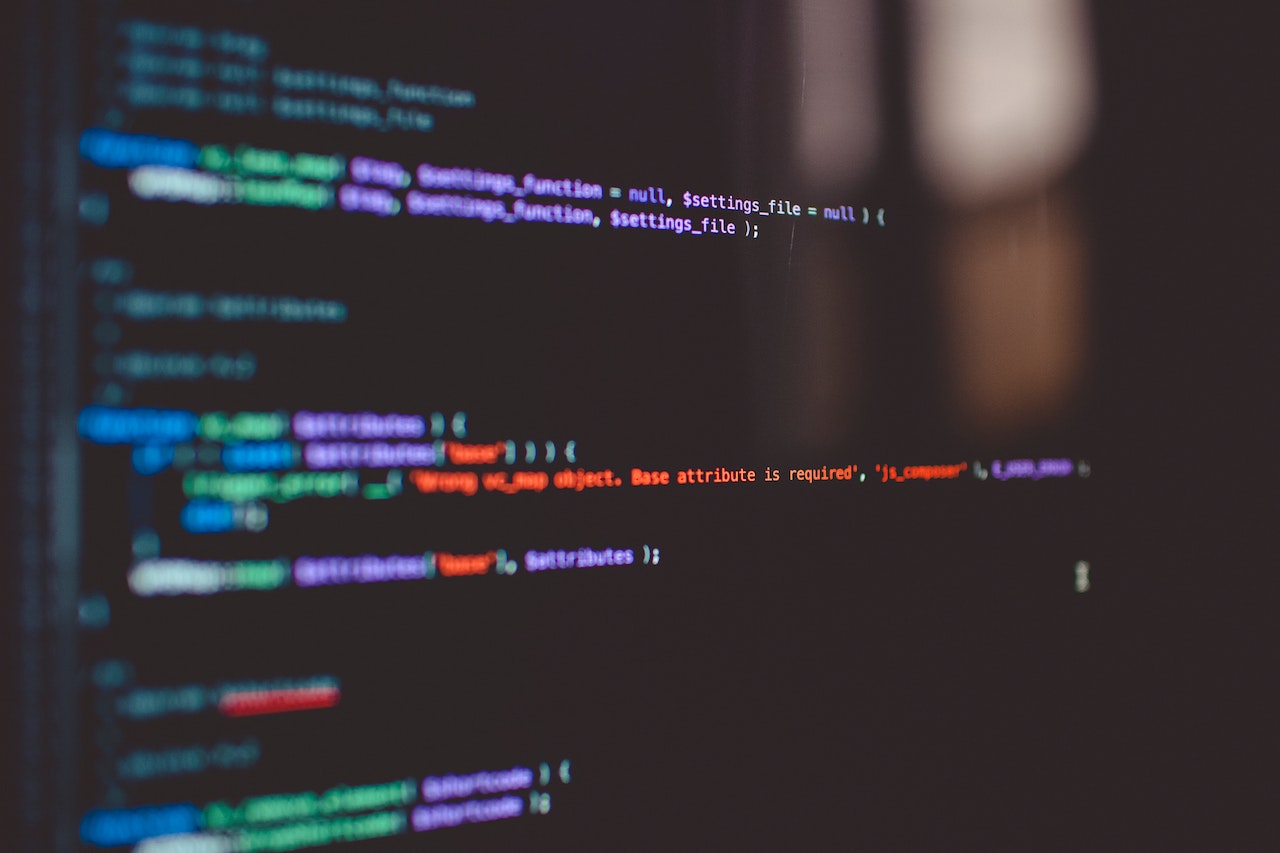The most popular programming languages for ethical hacking
Published

Published

RemoteScout24 · Published 2021-12-28 21:54:16.0
RemoteScout24 · Published 2021-12-28 21:54:16.0
RemoteScout24 · Published 2021-12-28 21:54:16.0


